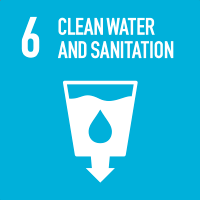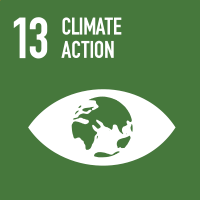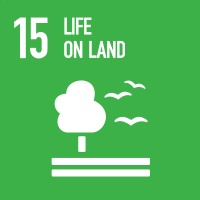Studying at the University of Verona
Here you can find information on the organisational aspects of the Programme, lecture timetables, learning activities and useful contact details for your time at the University, from enrolment to graduation.
Study Plan
This information is intended exclusively for students already enrolled in this course.If you are a new student interested in enrolling, you can find information about the course of study on the course page:
Laurea magistrale interateneo in Viticulture, enology and wine marketing - Enrollment from 2025/2026The Study Plan includes all modules, teaching and learning activities that each student will need to undertake during their time at the University.
Please select your Study Plan based on your enrollment year.
1° Year
| Modules | Credits | TAF | SSD |
|---|
2° Year activated in the A.Y. 2024/2025
| Modules | Credits | TAF | SSD |
|---|
1 modules among the following
| Modules | Credits | TAF | SSD |
|---|
| Modules | Credits | TAF | SSD |
|---|
1 modules among the following
Legend | Type of training activity (TTA)
TAF (Type of Educational Activity) All courses and activities are classified into different types of educational activities, indicated by a letter.
Analysis of viticultural terroirs - ELEMENTS OF TERROIRS (2024/2025)
Teaching code
4S009538
Teacher
Credits
4
Language
Italian
Scientific Disciplinary Sector (SSD)
AGR/03 - ARBORICULTURE AND FRUITCULTURE
Period
Single semester dal Oct 14, 2024 al Feb 14, 2025.
Courses Single
Authorized
Program
The course introduces the student to the study of wine-growing territories intended as complex systems of interaction between cultivars and specific abiotic and biotic factors related to climate, soil, rootstock and cultivation techniques.
The student will know the different approaches to the notion of terroir as defined in viticulture, and the possibilities to analyze and classify the elements that compose it.
Through participatory discussions, the illustration of case studies and the application of the above knowledge, the student will have acquired the ability to understand the link between the quality of the wine production and the territory, and will be able to evaluate the characteristics and potential of typicality of a cultivation site.
Bibliography
Didactic methods
The course will be delivered through lectures (in English).
Learning assessment procedures
The learning outcomes will be assessed by an oral test.
Evaluation criteria
The aim of the test is to ascertain the knowledge of the topics covered in the program also through the presentation and critical discussion of a case study. The depth and breadth of knowledge acquired and the ability to systematically connect knowledge will be assessed. The oral exam potentially covers all the topics of the program.
Exam language
Inglese




